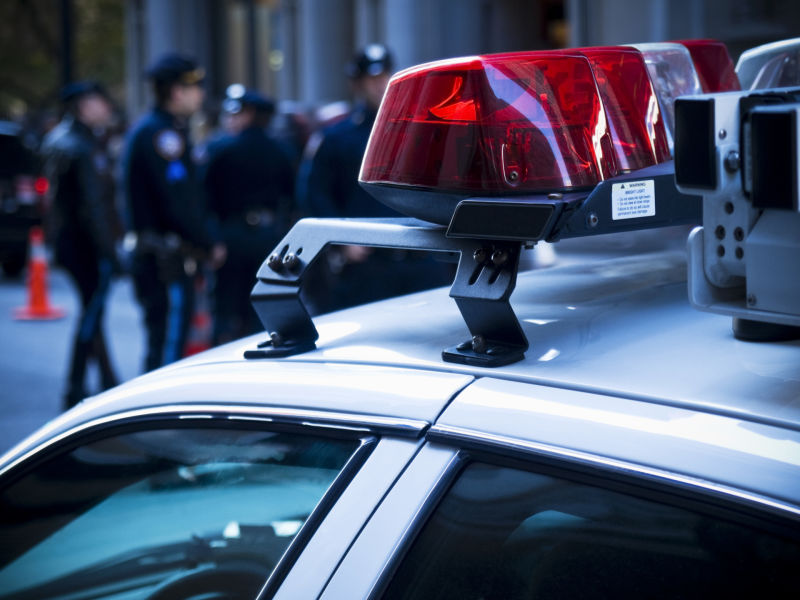Supporters of the law said the secret nature of grand jury decisions can create the impression that the process is unfair and erode trust in law enforcement, particularly when the outcome seems to conflict with witnesses or cellphone video.
The law left the decision to file charges in deadly police force cases to prosecutors, who have been accused of using grand juries to avoid political fallout from their charging decisions.
Holly Mitchell, D-Los Angeles, is the state senator who wrote the law.
Mitchell told KQED that the ruling took her by surprise.
"I guess what surprised me primarily was the basis for the appellate court’s ruling with regard to constitutionality," she said. "That was never an issue that was brought up by the district attorneys or their representatives during the hearty two years' worth of debate."
Mitchell said she plans to meet with the legislative counsel and other attorneys who helped craft the bill to assess options for the law, which could include an appeal to the state Supreme Court.
"I appreciate the opinion of one appellate court, but we will do our due process internally and figure out what our next steps are," she said.
The appeals court said the Legislature could seek a constitutional amendment banning grand juries from investigating deadly police force cases or revise the procedural rules that make those grand jury investigations secret.
Prosecutors who challenged the law said grand juries gave them power to force witnesses to testify and could involve more thorough investigations.
Grand juries are composed of community members who weigh evidence presented by prosecutors behind closed doors.
Instead of banning the use of grand juries in deadly police force cases, transcripts of their investigations should be made public, said Mark Zahner, CEO of the California District Attorneys Association, which opposed the law. He said that could make the process even more transparent than an investigation by a prosecutor.
"Our position was always that there's no backroom, sneaky skullduggery going on in these things," he said.
Mitchell told KQED that the suggestion grand juries could become more transparent "directly contradicts the district attorneys' arguments when they opposed this bill. They valued the lack of transparency, and frankly the secrecy, of the grand jury process and thought that was most appropriate to continue in police-involved shootings that lead to death.
The ruling came in the case of a fatal June 2015 shooting by South Lake Tahoe police. El Dorado County District Attorney Vern Pierson challenged the law by seeking a grand jury investigation of the shooting.
Alex Emslie of KQED contributed to this report.

